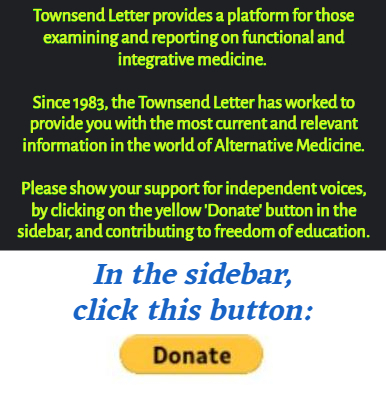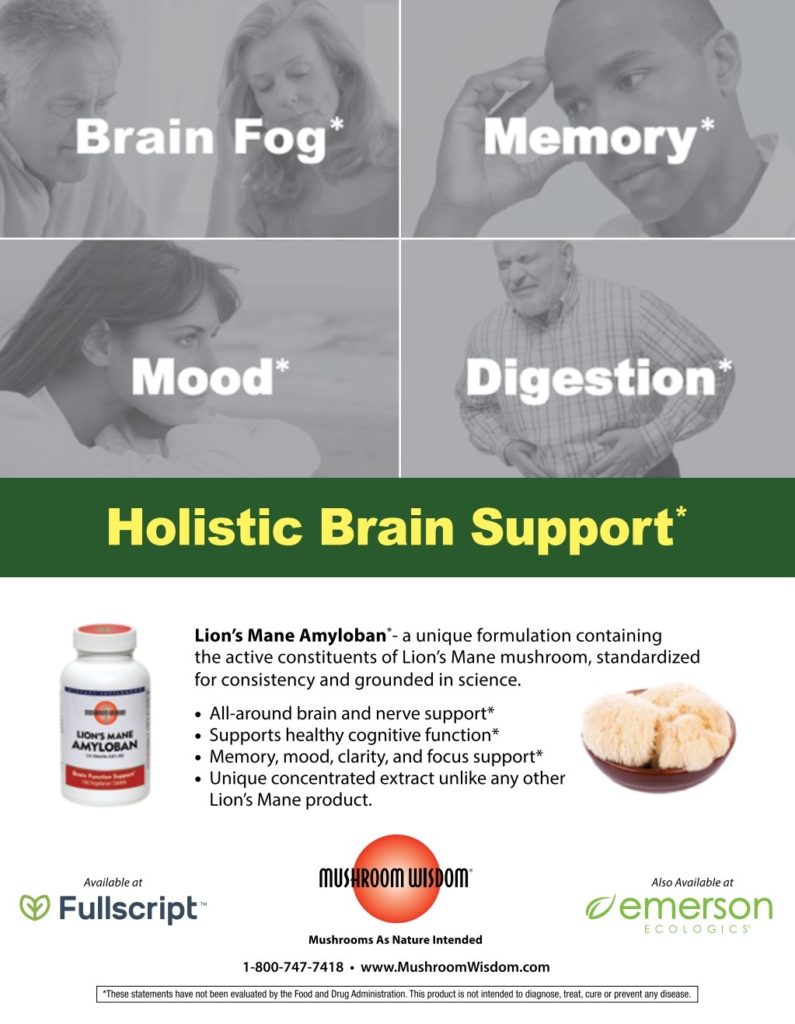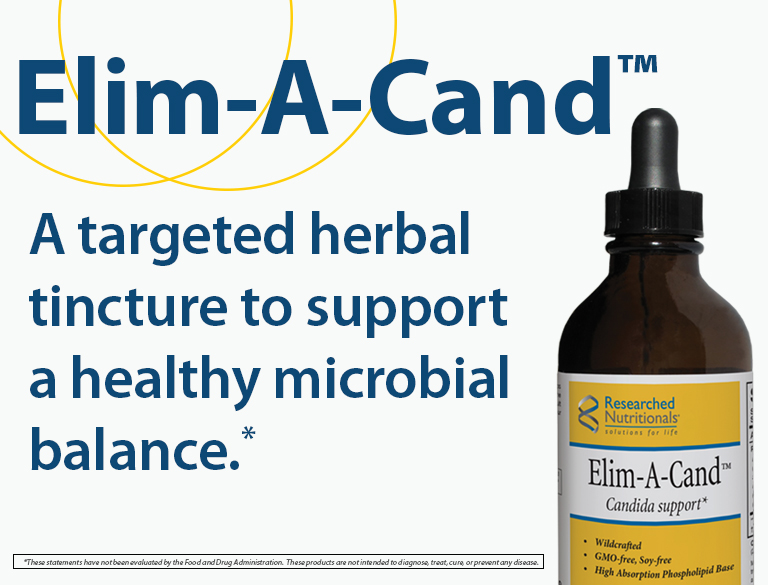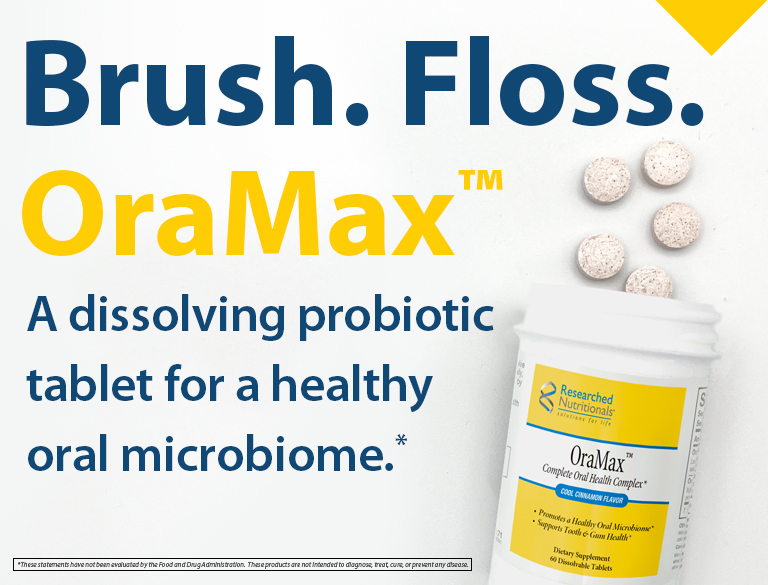AN EDITORIAL
by Alan R. Gaby, MD
Proton pump inhibitors (PPIs) are a class of drugs that reduce gastric acid secretion by inhibiting the H+/K+ ATPase enzyme in gastric parietal cells. PPIs are used to treat peptic ulcers, gastroesophageal reflux disease, non-ulcer dyspepsia, and heartburn and to prevent gastrointestinal bleeding or gastric ulcers in patients receiving antiplatelet drugs or nonsteroidal anti-inflammatory drugs (NSAIDs). They are among the most widely used medicines, both in the United States and worldwide.
The US Food and Drug Administration (FDA) recommends that PPI therapy be limited in most cases to two to eight weeks, although there are some indications for long-term use (such as Barrett’s esophagus, history of bleeding peptic ulcers, or chronic use of NSAIDs or certain other medications). However, physicians frequently prescribe PPIs for long-term or even lifetime use, and many people take over-the-counter PPIs for long periods of time with little or no supervision from a healthcare practitioner. It has been estimated that 53-89% of PPI prescriptions are inappropriate.1,2 One of the reasons that PPIs are used by so many people—an estimated 15 million Americans are taking these drugs—is that they are generally perceived to be safe for long-term use. However, a large body of evidence suggests that that perception is not correct.

The Importance of Gastric Acid
A healthy stomach secretes hydrochloric acid (HCl) in response to ingestion of food. HCl has two main functions. First, it enhances the digestion of protein and the absorption of various micronutrients, including iron, magnesium, copper, folic acid, and vitamin B12. Inhibiting HCl secretion can therefore result in incomplete protein digestion and the development of micronutrient deficiencies. A possible consequence of incomplete protein digestion (aside from suboptimal protein nutritional status) is an increase in the absorption of macromolecules, which has the potential to trigger allergic reactions.3,4

Second, gastric acid serves a barrier function by killing various pathogenic microorganisms that might otherwise colonize the gastrointestinal tract. Gastric juice is bactericidal at pH 3.0 or less, and possibly at pH levels as high as 4.0.5 People with hypochlorhydria are at increased risk of having bacterial6-9 and fungal10 overgrowth and parasitic infestation of the gastrointestinal tract.
Numerous observational studies have found an association between long-term use of PPIs and an increased risk of various illnesses. Although observational studies cannot prove causation, there are plausible mechanisms by which nutritional deficiencies, absorption of macromolecules, or microbial overgrowth could promote the development of most of the diseases mentioned below.
Infections
Clostridium difficile. C. difficile is a Gram-positive bacterium that is a common cause of antibiotic-associated diarrhea and pseudomembranous colitis. It occurs most often in frail elderly hospitalized patients but has also been seen in previously healthy individuals. C. difficile infection usually manifests as mild-to-moderate diarrhea, but severe colitis culminating in colectomy or death may also occur. A meta-analysis of 56 observational studies (including a total of 356,683 patients) found that the risk of being infected with C. difficile was 99% higher among PPI users than among nonusers (p < 0.001). The association remained significant after adjustment for potential confounding variables.11
Pneumonia. A meta-analysis of 26 studies (including a total of 6,351,656 participants) found that the risk of developing community-acquired pneumonia was significantly higher by 49% among PPI users than among nonusers.12 It has been suggested that the development of pneumonia in PPI users is due in some cases to aspiration of organisms that normally would have been killed by gastric acid.
COVID-19. In an online survey of 53,130 US adults from May 3 to June 24, 2020, 6.4% reported a positive COVID-19 test. After adjustment for a wide range of confounding variables (including age, race, body mass index, diabetes, alcohol use, and presence of irritable bowel syndrome or gastroesophageal reflux disease), compared with individuals who were not taking PPIs, the odds ratio for a positive COVID-19 test was significantly higher by 115% in those using a PPI up to once a day and higher by 267% in those using a PPI up to twice a day.13

Osteoporosis and Bone Fractures
A review was conducted on 18 observational studies that examined the association between PPI use and bone fractures. Fourteen studies found that PPI use was associated with increased fracture risk, whereas in four studies no significant association was found.14 Two possible mechanisms have been proposed whereby PPIs might increase fracture risk. First, drug-induced hypochlorhydria may lead to impaired absorption of nutrients that are important for bone health, such as magnesium, copper, and calcium. Second, drug-induced hypochlorhydria may cause a compensatory rise in serum gastrin levels, and hypergastrinemia is known to alter bone metabolism.
Kidney Disease
Numerous observational studies have found that PPI use is associated with an increased risk of acute kidney injury, acute interstitial nephritis, chronic kidney disease, kidney disease progression, kidney failure, and mortality due to chronic kidney disease.15 The mechanisms by which PPIs might cause kidney disease are not clear.
Gastric Cancer
Several observational studies have found that PPI use is associated with an increased risk of developing gastric cancer.16,17 This association persisted after adjustment for the reasons that people were taking PPIs. If PPIs promote the development of gastric cancer, one possible mechanism might be an increase in the concentration of nitrites in gastric juice as a consequence of hypochlorhydria.18 Nitrites are converted to carcinogenic nitrosamines. Another possible mechanism is the compensatory rise in gastrin levels that occurs with hypochlorhydria (gastrin stimulates the growth of gastrointestinal cancers).
Food Allergies
An observational study of children with gastroesophageal reflux disease found that food allergies developed 68% more frequently in those treated with gastric acid-suppressive medications than in children not given acid-suppressive therapy.19 If PPI use causes food allergies, one possible mechanism might be incomplete protein digestion, resulting in an increase in the absorption of potentially allergenic macromolecules.
Micronutrient Deficiencies
There have been case reports of hypomagnesemia (sometimes severe) occurring in patients taking PPIs.20 A review of published case reports found that hypomagnesemia occurred after a median of 5.5 years of PPI use (range, 14 days to 13 years). Discontinuation of the PPI resulted in reversal of hypomagnesemia in four days, and re-challenge led to a recurrence within four days.21 In a cross-sectional study of 487 patients hospitalized at a community hospital in Ohio, the prevalence of hypomagnesemia (serum magnesium <1.7 mg/dl) was significantly higher in PPI users than in nonusers (23.2% vs. 10.8%). After adjustment for potential confounding variables (including age, gender, diagnosis of diabetes, history of heart failure, use of diuretics, supplementation with magnesium, serum albumin level, and other factors), PPI users were 2.5 times more likely than nonusers to have hypomagnesemia.22
Deficiencies of iron23 and vitamin B1224 due to the use of PPIs have also been reported.

Other Potential Adverse Effects
In some studies, long-term use of PPIs was associated with an increased risk of cardiovascular disease and dementia, but no such association was found in other studies.
Alternatives to PPIs
Many of the conditions for which people take PPIs can often be treated successfully with natural medicine. For people with gastroesophageal reflux disease, effective treatments may include dietary modifications, losing weight if overweight, not eating within two-to-three hours of bedtime, and raising the head of the bed. Patients with heartburn or non-ulcer dyspepsia may benefit from chewing food more thoroughly, from identifying and avoiding allergenic foods and other dietary triggers, and in some cases from taking digestive aids. Peptic ulcers may respond to various dietary modifications; to natural remedies such as deglycyrrhizinated licorice (DGL), zinc, vitamin A, and glutamine; or from eradication of Helicobacter pylori.25 Patients taking platelet inhibitors because they have or are at high risk of developing cardiovascular disease have numerous non-drug options to improve their health and decrease their risk factors. Some patients who are able lose weight, lower blood pressure and lipid levels, and improve cardiac function through lifestyle modifications, exercise, nutrient supplementation, and other “natural” interventions may no longer need to take platelet inhibitors and would therefore be able to discontinue their PPI. Similarly, there are many effective natural remedies for arthritis, migraines, and other conditions for which NSAIDs are used. Many patients who embrace these alternative approaches would no longer need to take a PPI to protect them from the adverse effects of NSAIDs.
Conclusion
PPIs are frequently being used without appropriate indication and for excessive periods of time. Long-term use of PPIs may increase the risk of many different health problems. In most situations, PPI use should be limited to short-term treatment (2-8 weeks). Many of the conditions for which people take PPIs can be treated successfully with dietary and lifestyle modifications, nutritional supplements, and other nondrug approaches.
[1]. Veremme L, et al. Curbing proton pump inhibitor overprescribing: Multifaceted strategies in an academic hospital. J Clin Pharm Ther. 2021;46:1041-1045.
[2]. Al-Aly Z, et al. Proton pump inhibitors and the kidney: implications of current evidence for clinical practice and when and how to deprescribe. Am J Kidney Dis. 2020;75:497-507.
[3]. Gray I, Walzer M. Studies in absorption of undigested proteins in human beings. VI. The absorption of unaltered protein from the abnormal gastro-intestinal tract. Am J Dig Dis. 1936-7;3:403-4.
[4]. Scholl I, et al. Antiulcer drugs promote oral sensitization and hypersensitivity to hazelnut allergens in BALB/c mice and humans. Am J Clin Nutr. 2005;81:154-60.
[5]. Sarker SA, Gyr K. Non-immunological defence mechanisms of the gut. Gut 1992;33:987-93.
[6]. Henriksson K, et al. Gastrin, gastric acid secretion, and gastric microflora in patients with rheumatoid arthritis. Ann Rheum Dis. 1986;45:475-83.
[7]. Giannella RA, et al. Gastric acid barrier to ingested microorganisms in man: studies in vivo and in vitro. Gut. 1972;13:251-6.
[8]. Drasar BS, et al. Studies on the intestinal flora. I. The bacterial flora of the gastrointestinal tract in healthy and achlorhydric persons. Gastroenterology. 1969;56:71-9.
[9]. Rosen R, et al. Changes in gastric and lung microflora with acid suppression: acid suppression and bacterial growth. JAMA Pediatr. 2014;168:932-7.
[10]. Boero M, et al. Candida overgrowth in gastric juice of peptic ulcer subjects on short- and long-term treatment with H2-receptor antagonists. Digestion. 1983;28:158-63.
[11]. Trifan A, et al. Proton pump inhibitors therapy and risk of Clostridium difficile infection: Systematic review and meta-analysis. World J Gastroenterol. 2017;23:6500-6515.
[12]. Lambert AA, et al. Risk of community-acquired pneumonia with outpatient proton-pump inhibitor therapy: a systematic review and meta-analysis. PLoS One. 2015;10:e0128004.
[13]. Almario CV, et al, Spiegel BM. Increased risk of COVID-19 among users of proton pump inhibitors. Am J Gastroenterol. 2020;115:1707-1715.
[14]. Thong BK, et al. Proton pump inhibitors and fracture risk: a review of current evidence and mechanisms involved. Int J Environ Res Public Health. 2019;16(9):1571.
[15]. Al-Aly Z, et al. Proton pump inhibitors and the kidney: implications of current evidence for Clinical practice and when and how to deprescribe. Am J Kidney Dis. 2020;75:497-507.
[16]. Brusselaers N, et al. Maintenance therapy with proton pump inhibitors and risk of gastric cancer: a nationwide population-based cohort study in Sweden. BMJ Open. 2017;7(10):e017739.
[17]. Waldum HL, et al. Proton pump inhibitors and gastric cancer: a long expected side effect finally reported also in man. Gut. 2018;67:199-200.
[18]. Ruddell WS, et al. Pathogenesis of gastric cancer in pernicious anaemia. Lancet. 1978;1:521-3.
[19]. Trikha A, et al. Development of food allergies in patients with gastroesophageal reflux disease treated with gastric acid suppressive medications. Pediatr Allergy Immunol. 2013;24:582-8.
[20]. Regolisti G, et al. Severe hypomagnesemia during long-term treatment with a proton pump inhibitor. Am J Kidney Dis. 2010;56:168-74.
[21]. Hess MW, et al. Systematic review: hypomagnesaemia induced by proton pump inhibition. Aliment Pharmacol Ther. 2012;36:405-13.
[22]. Gau JT, et al. Uses of proton pump inhibitors and hypomagnesemia. Pharmacoepidemiol Drug Saf. 2012;21:553-559.
[23]. Imai R, et al. Iron deficiency anemia due to the long-term use of a proton pump inhibitor. Intern Med. 2018;57:899-901.
[24]. Bellou A, et al. Cobalamin deficiency with megaloblastic anaemia in one patient under long-term omeprazole therapy. J Intern Med. 1996;240:161-164.
[25]. Gaby AR. Peptic ulcer. In Gaby AR. Nutritional Medicine, 2nd Edition. 2017. Concord NH, doctorgaby.com, chapter 117.








